Welcome to our new series, The Friday Prof-ile – a chance to get to know some of our recently appointed Professors and Associate Professors a little better. Every Friday, we’ll be asking a different person the same set of questions to get an insight into their life, work and what makes them tick.
This week, we’re chatting with Associate Professor in Social Work, Mel Hughes.
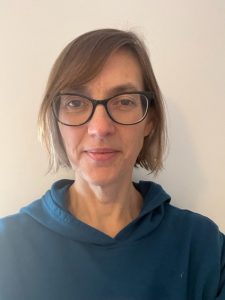
Mel Hughes
What are your research interests? What made you want to study these areas?
As a social worker, I am interested in marginalised groups and communities currently under-served by health and social care research. My main interests in both education and research are in valuing the expertise of people with lived experience and using my platform as an educator and researcher to amplify these voices through co-produced and participatory methods.
What has been your career highlight to date?
There are two that immediately come to mind. The first was seeing a copy in print (and on Amazon!) of the book I co-authored and edited with people with lived experience and social work colleagues on Statutory Social Work Interventions: The lived experience. It was a genuine collaboration, and it was exciting hearing from all the contributors as they received their copy in the post.
The second was receiving a phone call (whilst walking on the beach) from Advance HE to say I had been awarded a National Teaching Fellowship. As an Associate Professor I am as passionate about education and the student experience as I am about professional practice and research. It felt like acknowledgment of my value as an educator.
What are you working on at the moment?
I am co-authoring and editing a textbook on Social Exclusion in the UK: the lived experience and leading on a special issue of the British Journal of Social Work written by people with lived experience rather than about people with lived experience. I am also leading on an ESRC research bid on democratising public involvement in research, where we are seeking to build capacity of researchers to work alongside marginalised communities currently under-served by health and social care research.
If you weren’t an academic, what would you be doing?
I started my career as a social worker in substance use and mental health services. I would like to think I would still be in practice. I secretly crave the idea of being in the great outdoors on some sort of community project or farm.
What do you do to unwind?
Walking, walking and walking (usually with a dog pulling me along)
What’s the best thing about Bournemouth?
The BU Social Work and PIER Partnership teams. I can honestly say I have never worked with a more supportive group of people.
If you could pick any superpower, what would it be and why?
Invisibility. The quality that best combines the social work and academic role is curiosity (or being nosey). Oh to be a fly on the wall!
If you were stranded on a desert island, what one luxury item would you take with you?
A comfy bed.
What advice would you give to your younger self?
Stay true to your values.
If you’re a recently appointed Professor or Associate Professor and you’d like to be featured in the series, please contact research@bournemouth.ac.uk to find out more and get involved.

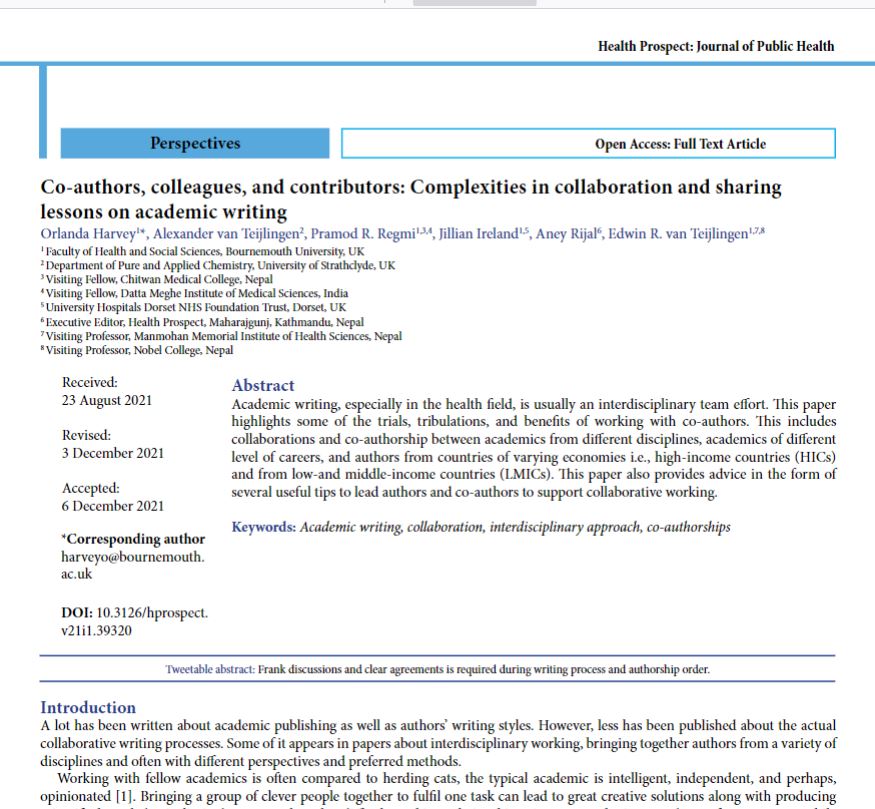
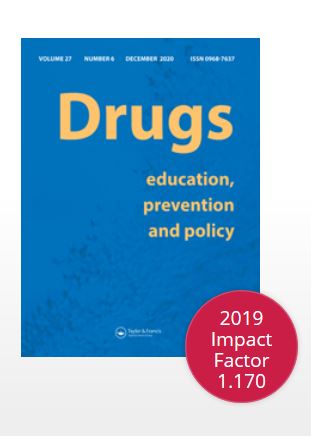
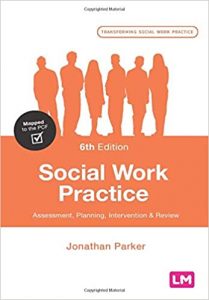
 The international social science publisher SAGE published a new textbook this week under the title
The international social science publisher SAGE published a new textbook this week under the title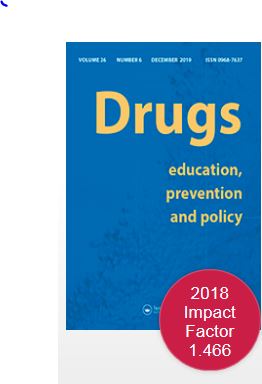
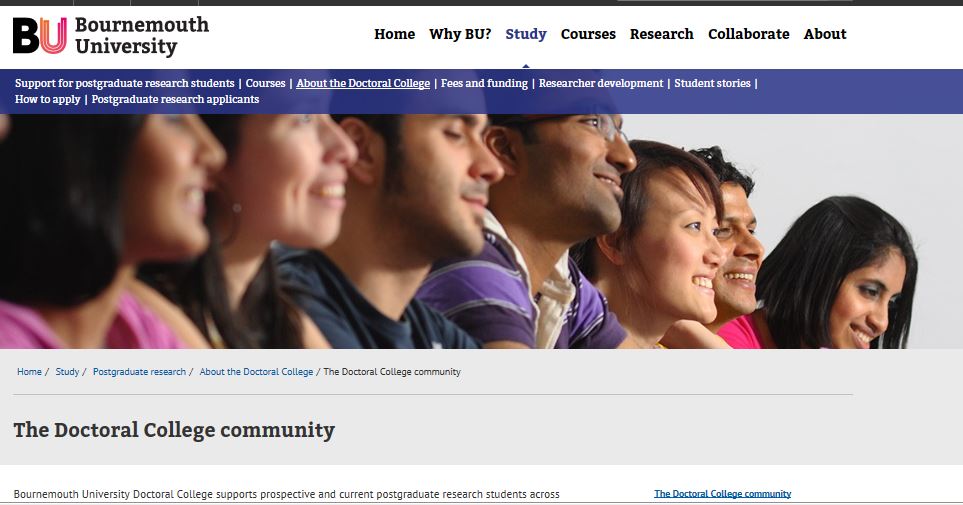
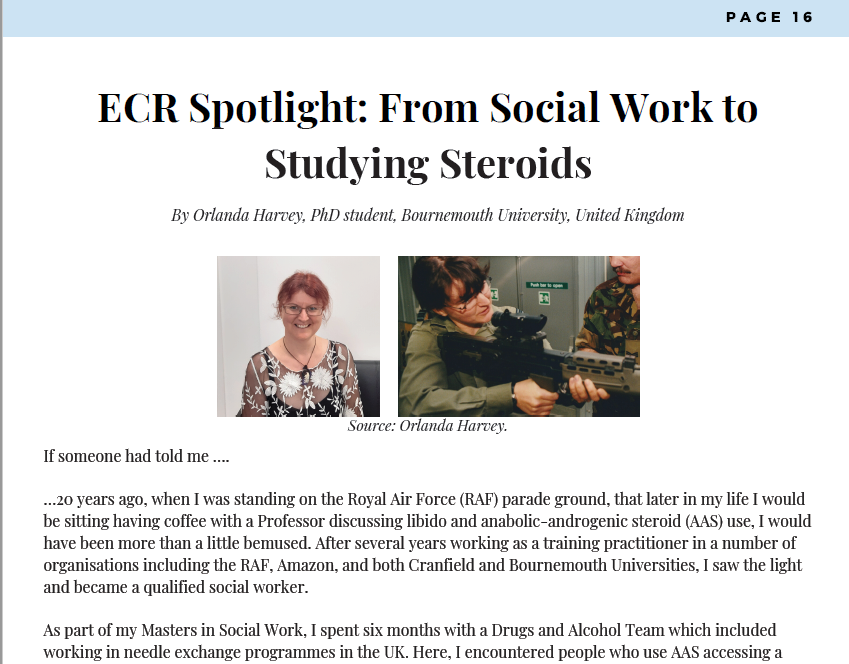

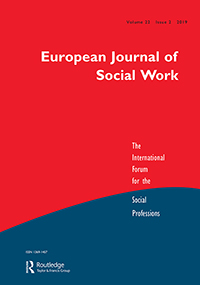
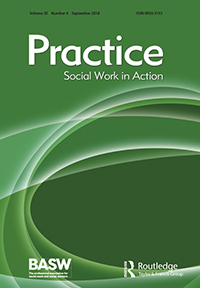


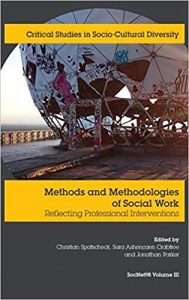
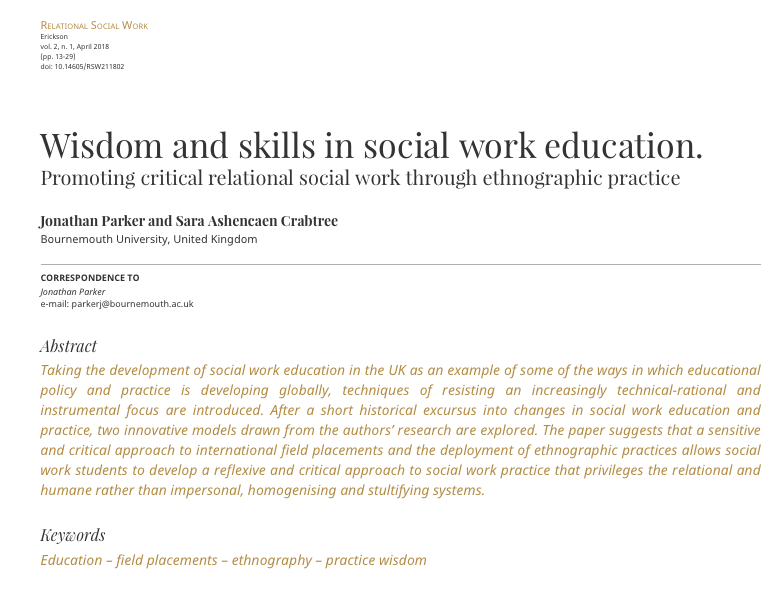



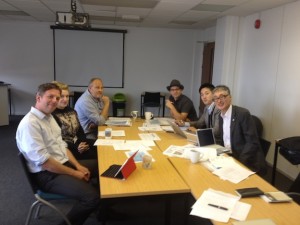











 BU attendance at third annual GCPHR meeting in June
BU attendance at third annual GCPHR meeting in June Interactive Tangible and Intangible Heritage Applications – BU student work featured in new book chapter
Interactive Tangible and Intangible Heritage Applications – BU student work featured in new book chapter Second NIHR MIHERC meeting in Bournemouth this week
Second NIHR MIHERC meeting in Bournemouth this week MSCA Postdoctoral Fellowships 2025 Call
MSCA Postdoctoral Fellowships 2025 Call ERC Advanced Grant 2025 Webinar
ERC Advanced Grant 2025 Webinar Horizon Europe Work Programme 2025 Published
Horizon Europe Work Programme 2025 Published Horizon Europe 2025 Work Programme pre-Published
Horizon Europe 2025 Work Programme pre-Published Update on UKRO services
Update on UKRO services European research project exploring use of ‘virtual twins’ to better manage metabolic associated fatty liver disease
European research project exploring use of ‘virtual twins’ to better manage metabolic associated fatty liver disease